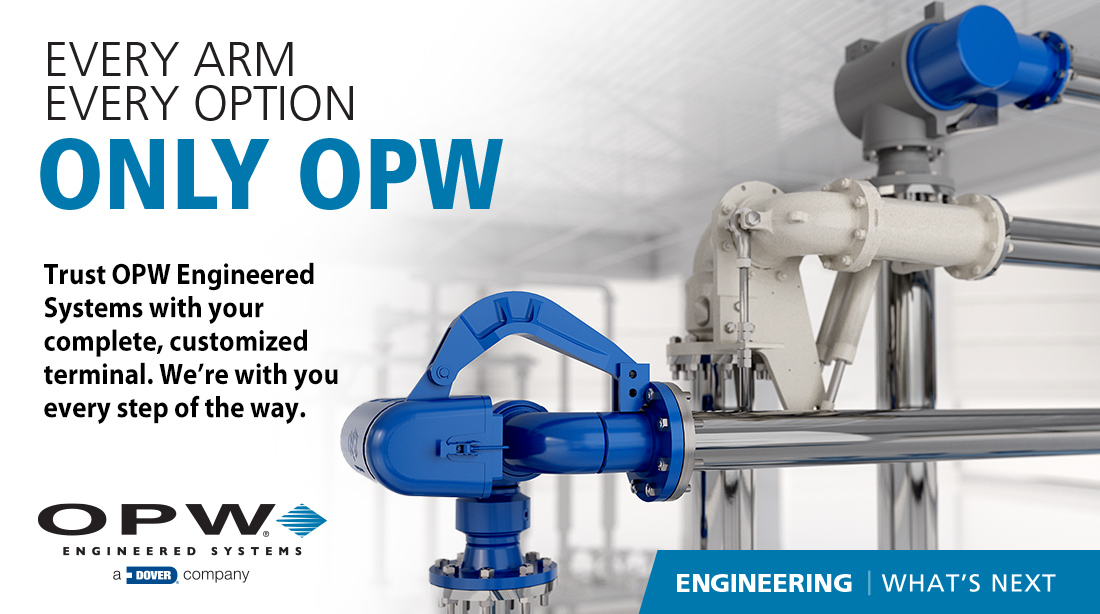As demands for the rapid development of a carbon capture, utilisation and storage infrastructure grow, major engineering and technology firms like Technip Energies are stepping up with the necessary expertise, workforce, and technologies. Carbon Capture World had the privilege of speaking with Julie Cranga, VP business development CO2 management at Technip Energies, to gain insights into the potential evolution of the carbon capture chain.
Contrary to some perceptions, carbon dioxide capture is not a novel concept but rather a mature technology that has been used for decades to remove unwanted CO2 from various industrial streams. Julie Cranga highlighted Technip Energies’ extensive experience in this field, stating, “At Technip Energies, we have a solid track record spanning over 65 years, offering multiple systems and leveraging technologies in energy, gas processing, CO2 management, and major infrastructure developments.” She emphasised the company’s capability to provide pre- and post-combustion carbon capture systems, including expertise in amine technology, which stands as today’s primary technology for carbon capture.
In Europe, the North Sea has become a focal point for CCS (carbon capture and storage) activities, buoyed by strong government support. Cranga elaborated on Technip Energies’ involvement in various reference projects across the region, including FEED projects for power plants and carbon capture units in countries like the UK, Norway, Denmark, and France.
Despite the modest number of current projects, Cranga expressed confidence in the increasing momentum behind CCS initiatives, driven by the imperative to combat climate change. However, she acknowledged the need for collaboration among multiple stakeholders to address challenges related to infrastructure, financing, and regulatory frameworks.
To ensure a solid business case for CCS installations, Technip Energies is focused on developing cost-effective solutions, including modular and standardised carbon capture systems. The company also invests in research and partners with promising start-ups to advance carbon capture technologies.
Looking ahead, Cranga sees a bright future for CCS, with opportunities to utilise captured CO2 for valuable purposes such as chemical production and e-fuels. She stressed the importance of adopting a holistic approach to carbon management, transforming CO2 from a waste product into a valuable resource.
For more information, please visit www.ten.com













